The Best Sellers
Crete is our paradise...a place full of aromas and colors...an island full of flavour...
Dittany...sage...oregano...mountain tea and cistus...this is our place.
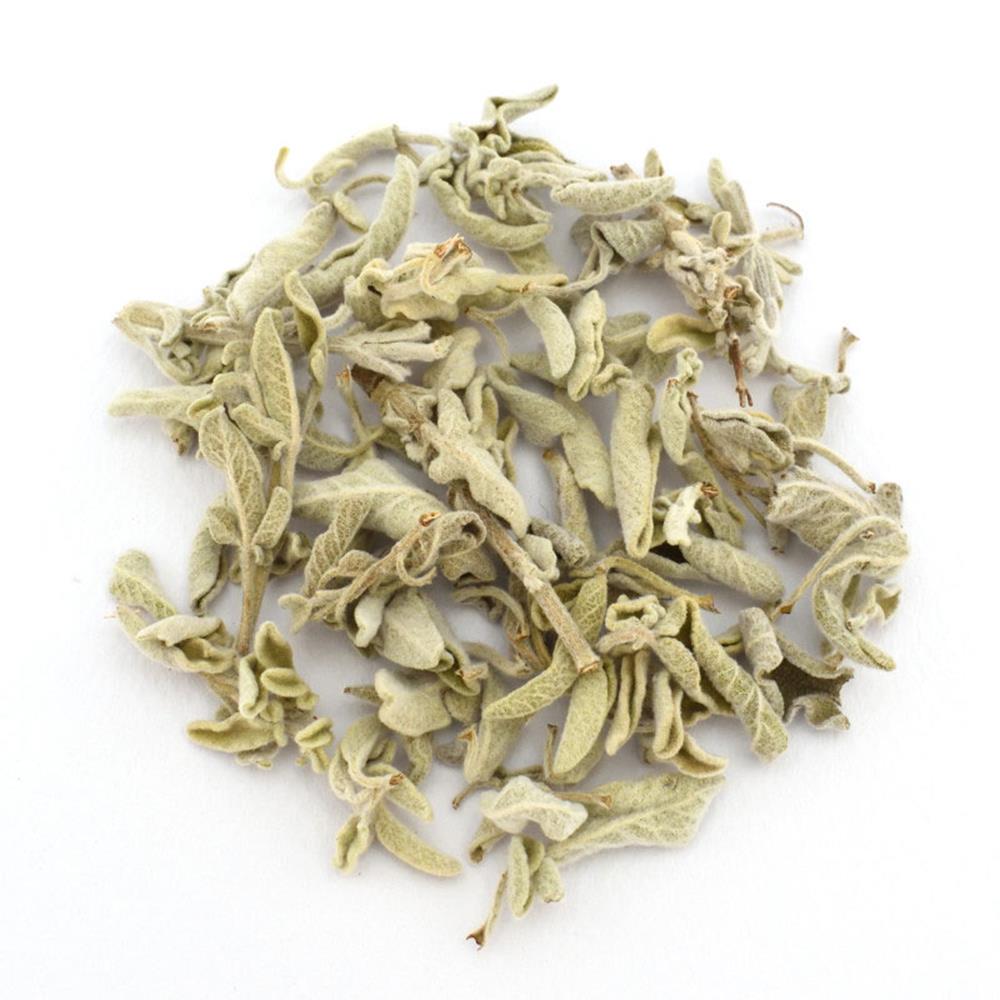
Sage (Salvia triloba)
Cretan sage differs from other native and cultivated Greek species, due to the microclimate of Crete.
The balanced bitter taste and aroma of the curly grey-green leaves of Cretan sage make this species unique and very popular in the world's herb and spice markets.
Its production process consists of separating the dried branches from the leaves and mechanical sorting where the leaves are sifted and carefully cleaned to produce this unique product, free of foreign matterial and dust.
It is packed in cartons or sacks, depending on the preferences and needs of each customer.

Dictamus (Origanum dictamnus)
Dittany is endemic to Crete and grows wild on the rocky mountains, in cliffs and gorges.
It is grown in specific areas of Crete where the microclimate and the quality of the soil allow it to thrive.
Harvested during flowering from May to September and dried naturally.
Its processing includes mechanical sorting and sifting to get rid of the soil and foreign material carried by its fluffy gray leaves.
Dittany has a slightly bitter taste with a strong spicy aroma.
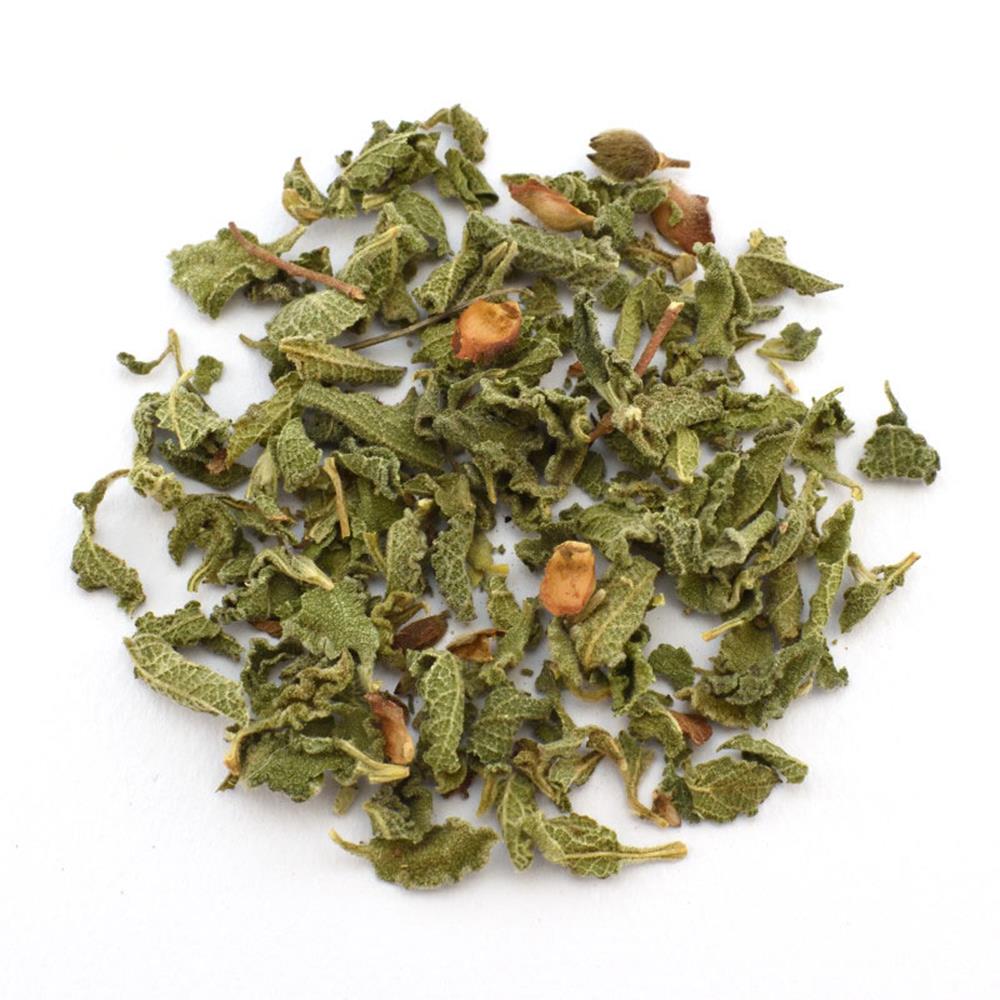
Pink rock-rose (Cistus creticus)
Cretan Cistus (pink rock rose) is the aromatic shrubby medicinal plant with pink flowers and hairy leaves that thrives in Crete and gives us two products:
a) The dry leaves used as a herbal infusion (tea) and b) Resin of the leaves which is called “Ladano” or Laudanum and is used as incense but also as a raw material for the production of cosmetics and perfumes.
At Dictamus® company, we only have new crop’s leaves and grinded leaves of Cretan Cistus (Cistus creticus), of excellent purity and excellent microbiological characteristics, without residues of pesticides and heavy metals.
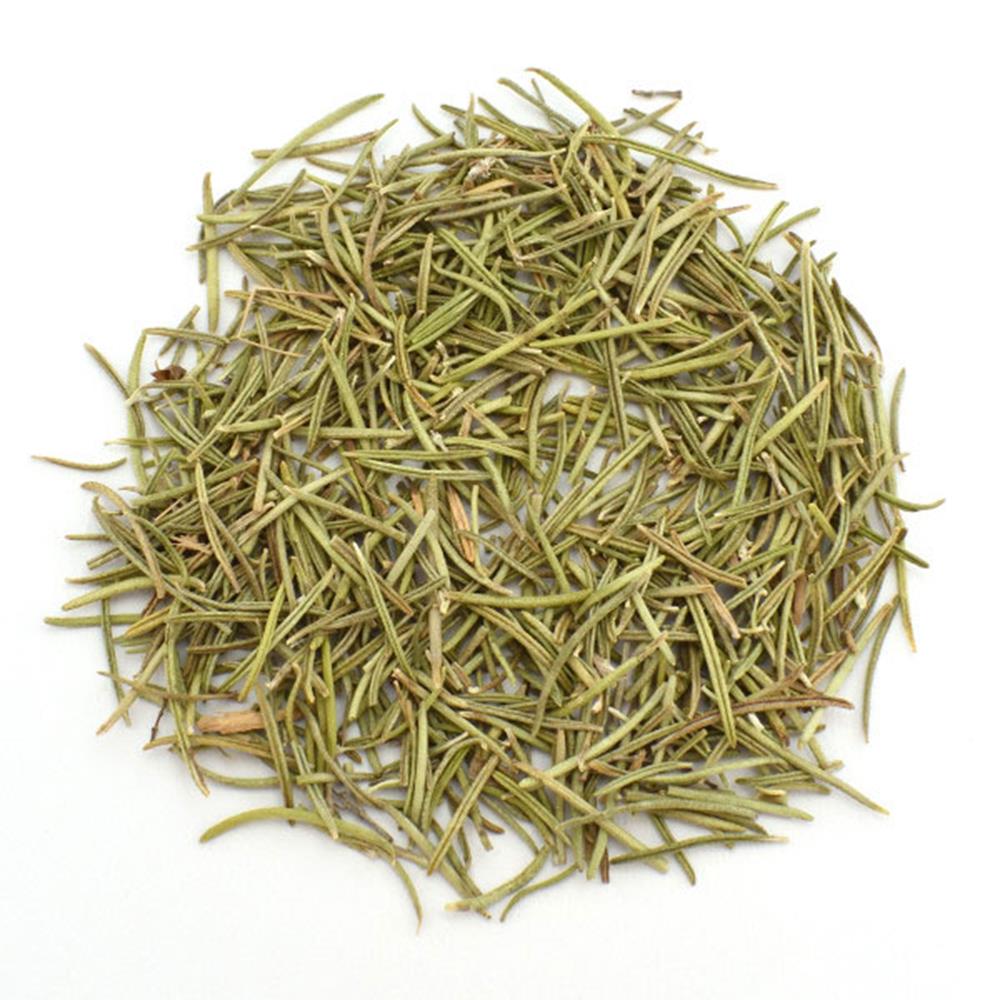
Rosemary (Rosmarinus officinalis)
Greek rosemary forms its basic flavor characteristics from the Mediterranean climate.
It has a mild cool aroma and a strong characteristic taste with notes of salty sea water.
The aftertaste is also strong, perhaps a little bitter.
In Crete, rosemary is harvested periodically during the summer months, after flowering, after the leaves have matured and been without water for several days.
The branches are dried upside down for about 10 days after being placed in traditional dryers that are ventilated on all sides to take advantage of all directions of the summer air.
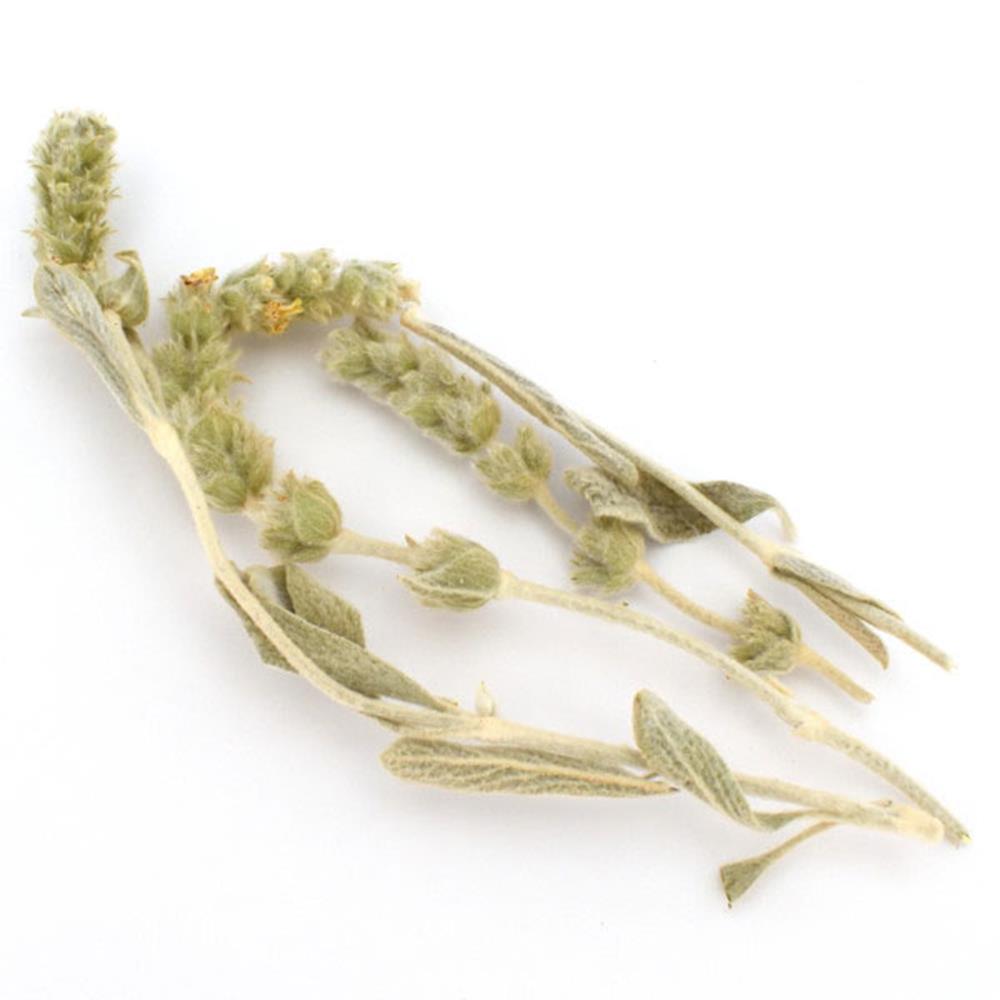
Cretan Mountain Tea - Malotira (Sideritis sp)
Greek mountain tea is the most popular Greek herbal tea that has accompanied the traditional Greek diet for many years.
It has many beneficial properties, does not contain caffeine and is rich in antioxidant agents.
At Dictamus® company, we have several varieties of this delicious and aromatic herb that are all naturally dried and strictly controlled for their quality characteristics. - Greek mountain tea from the Region of Thessaly - Sideritis Raeseri - Greek Mountain tea from Olympus Tea - organic - Sideritis Scardica - Greek mountain tea from Crete - organic Sideritis syriaca
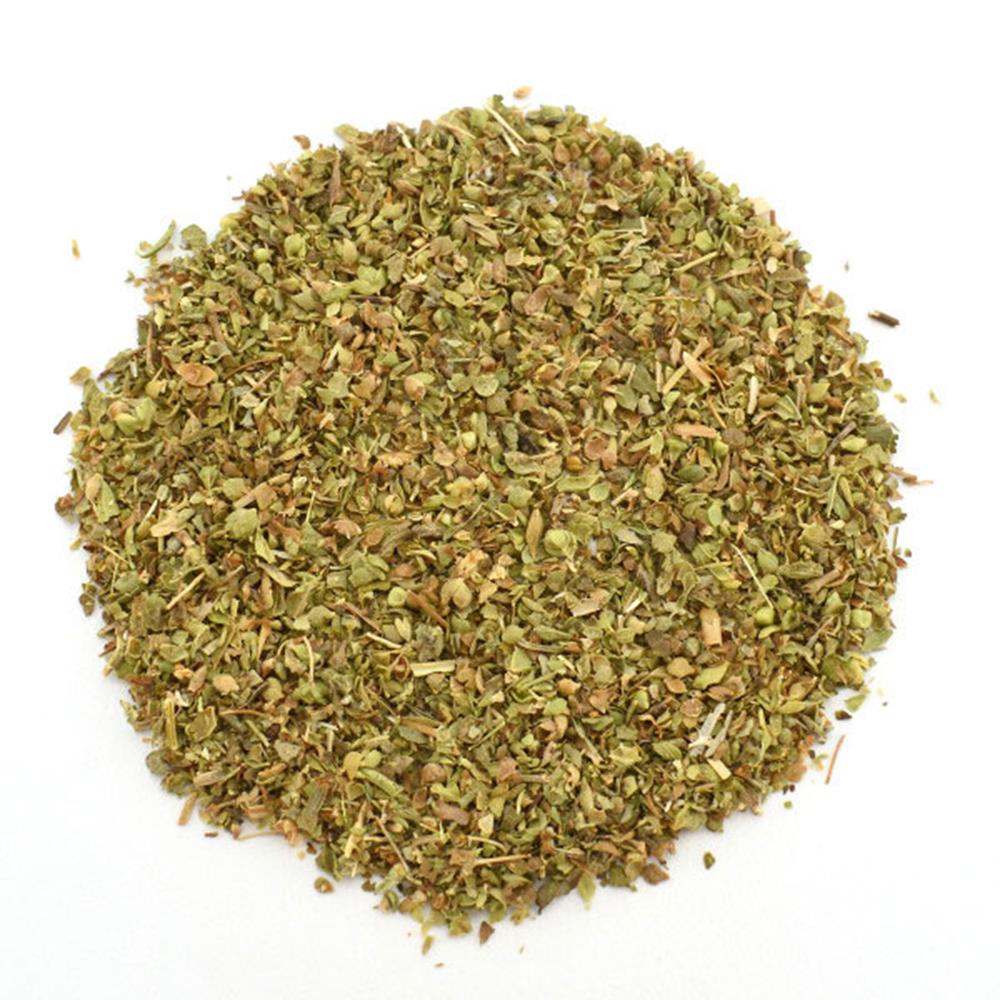
Oregano (Origanum onites)
This Cretan Oregano (Origanum onites) has been recognized by our customers as the "Best Seller" of the Dictamus® company in recent decades.
The harvest is one and it takes place after the flowering of the plants. It is then dried with natural ventilation in the shade and packed to be stored until grinding. Its color is green, its aroma strong and its taste slightly bitter and spicy.
Both Cretans and visitors who have lived on the island for some time, recognize these unique characteristics and easily distinguish it from the oregano of mainland Greece, as it is a key ingredient in many dishes of the Cretan diet.
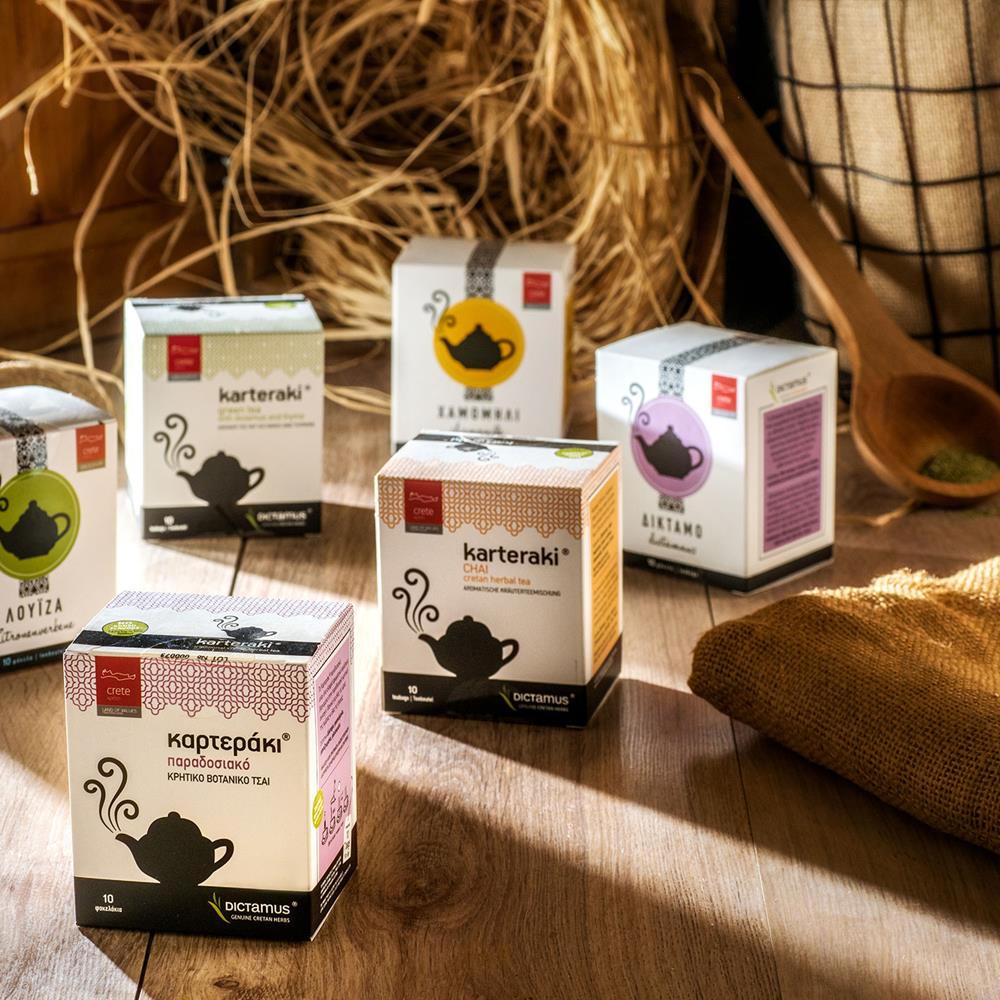
Karteraki teabags (Dictamus herbal infusions)
At the Dictamus® company, we produce a full range of Cretan botanical infusions (Chamomile, Dittany, Cistus, Mint, Lemon Verbena, Sage, Malotira-Mountain Tea), in modern packaging of teabags, as well as the KARTERAKI® range with three unique herbal blends ( Traditional, Aromatic, Green), based on traditional Cretan recipes.
For all herbal infusions, we use excellent raw materials selected by expert tasters and herb lovers.
All rights reserved | Your Cookies Settings | Designed and developed by Eyewide - Hotel Internet Marketing



